Conservation Icon Jane Goodall Dead At 91 While Traveling The Country On Tour
By Kelly Coffey-Behrens on October 1, 2025 at 2:35 PM EDT
Updated on October 1, 2025 at 3:29 PM EDT
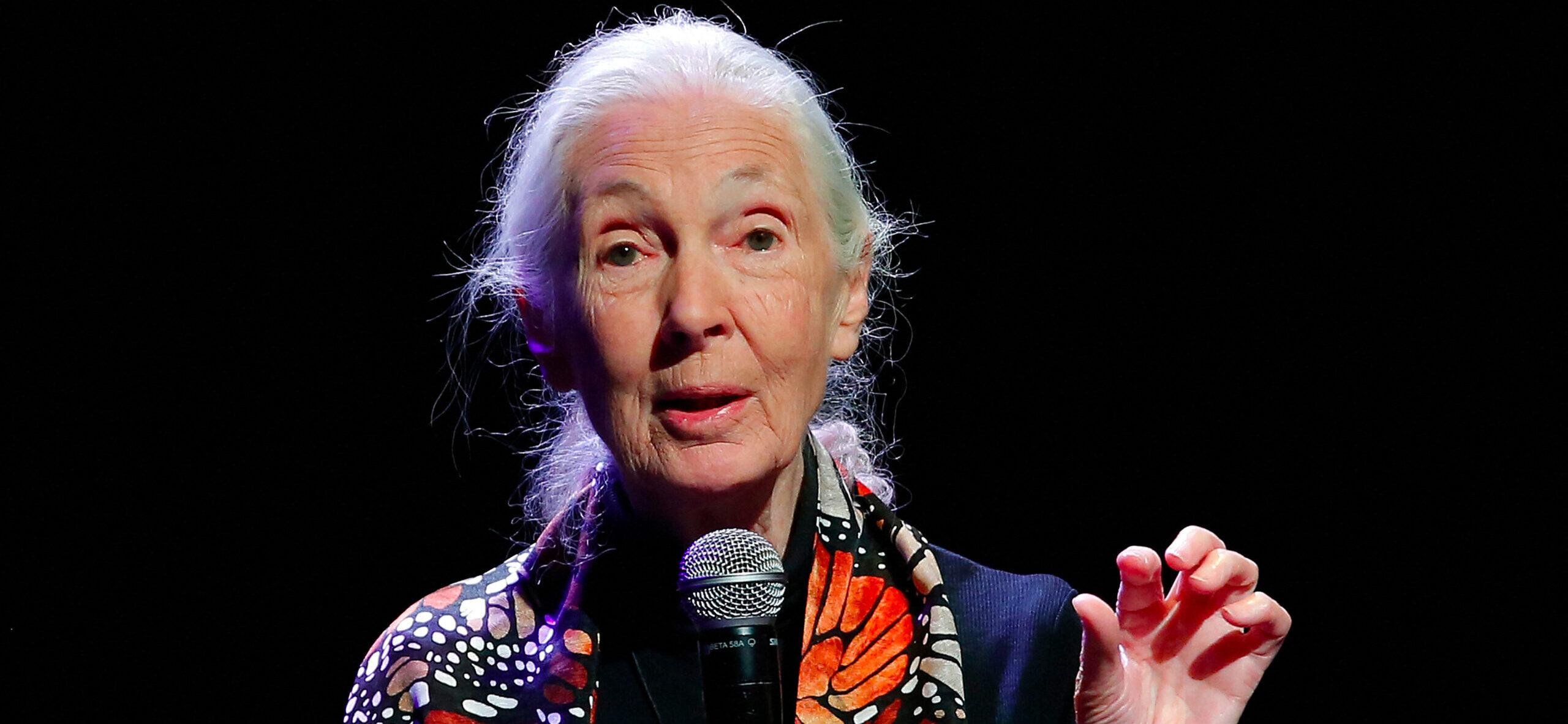
Dr. Jane Goodall, the groundbreaking primatologist and conservationist who revolutionized our understanding of chimpanzees and inspired generations to protect the planet, has passed away at the age of 91. According to a statement from the Jane Goodall Institute, she passed away from natural causes on Wednesday, October 1, while on a speaking tour in California. She is survived by her son, Hugo, and three grandchildren. Goodall's career began in the 1960s at Gombe Stream National Park in Tanzania, where she conducted revolutionary research on wild chimpanzees. Dr. Jane Goodall's discoveries on their personalities, tool use, and social dynamics shattered long-held scientific beliefs and bridged the gap between humans and animals.
Trailblazing Scientist Jane Goodall Dies At 91 While On Speaking Tour
View this post on Instagram
"Dr. Goodall's discoveries as an ethologist revolutionized science, and she was a tireless advocate for the protection and restoration of our natural world," her institute said in a statement.
Her findings redefined humanity's place in the animal kingdom. Speaking to PEOPLE in 2020, Goodall recalled the resistance she faced when she first suggested that chimpanzees shared similarities with humans:
“In the early 1960s, I was told that the difference between people and animals was one of kind. We were on a pinnacle, and there was an unbridgeable chasm between us and the rest of the animal kingdom. But that reductionist way of thinking began to crumble, and now we have a different way of thinking about our relationship with all the other animals.”
Beyond her scientific achievements, Goodall became one of the most influential voices in conservation and climate activism. For decades, she traveled the globe, urging leaders and citizens alike to take urgent action against deforestation, wildlife exploitation, and the worsening climate crisis.
Goodall's Breakthrough Approach To Conservation
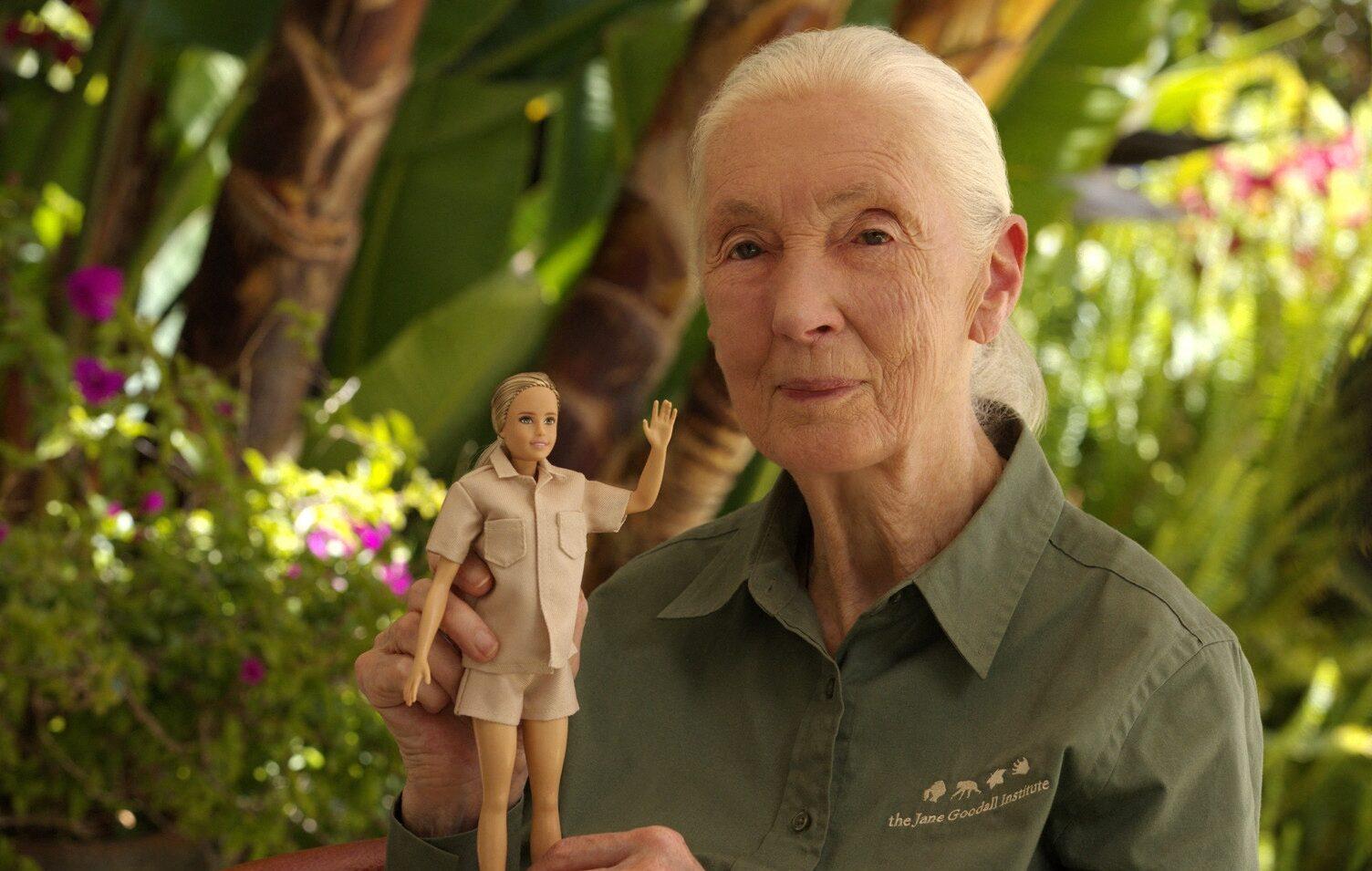
According to the Jane Goodall Institute, her work went far beyond observation. When she realized that chimpanzees' survival was being threatened by habitat destruction and illegal trafficking, Goodall pioneered what her foundation calls a "breakthrough approach to species conservation." Her philosophy emphasized improving the lives of people, animals, and the environment simultaneously by honoring their deep interconnectedness.
Goodall was just 26 years old when she first traveled to Tanzania to study wild chimpanzees at Gombe Stream National Park. With no formal scientific training at the time, she defied convention by taking what her foundation describes as an "unorthodox approach." Instead of keeping her distance, she immersed herself directly into the chimps' world, living alongside them and experiencing their society as a neighbor rather than a detached observer.
A Childhood Dream Realized In Africa
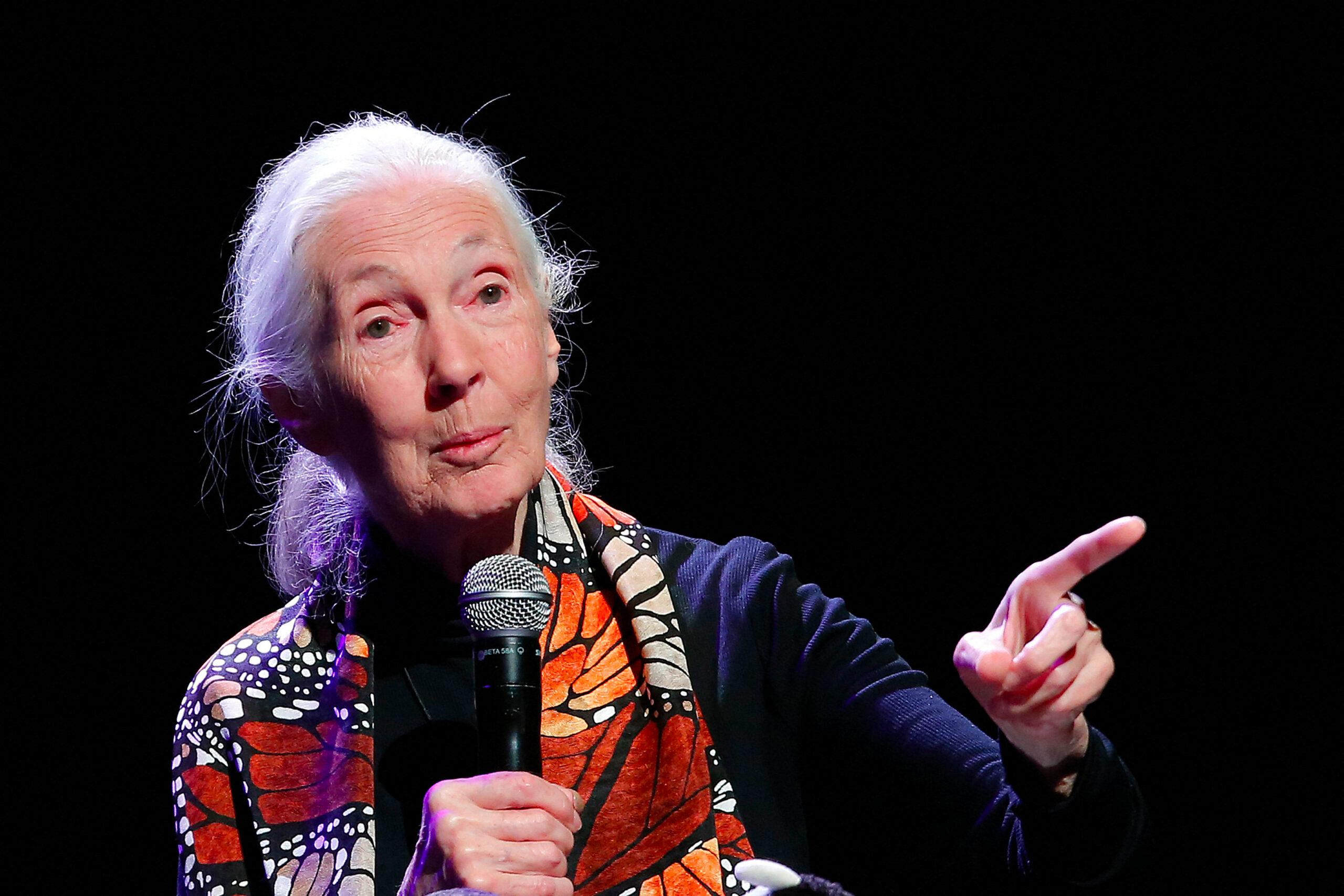
Those early observations revealed that chimpanzees have personalities, social bonds, and even tool-using abilities, blurring the once-rigid line between humans and other animals. Her work not only revolutionized primatology but also reshaped the very way we define ourselves as human beings.
Goodall's passion for animals had been there since childhood. "Apparently, from the time I was about one and a half or two, I used to study insects, anything, and this gradually evolved and developed and grew," she recalled in a 1986 interview with the BBC's Terry Wogan. Inspired by books like "Dr. Dolittle" and "Tarzan," her dream had always been clear. "It had to be Africa that was my goal," she expressed.
Hope As Her Final Message
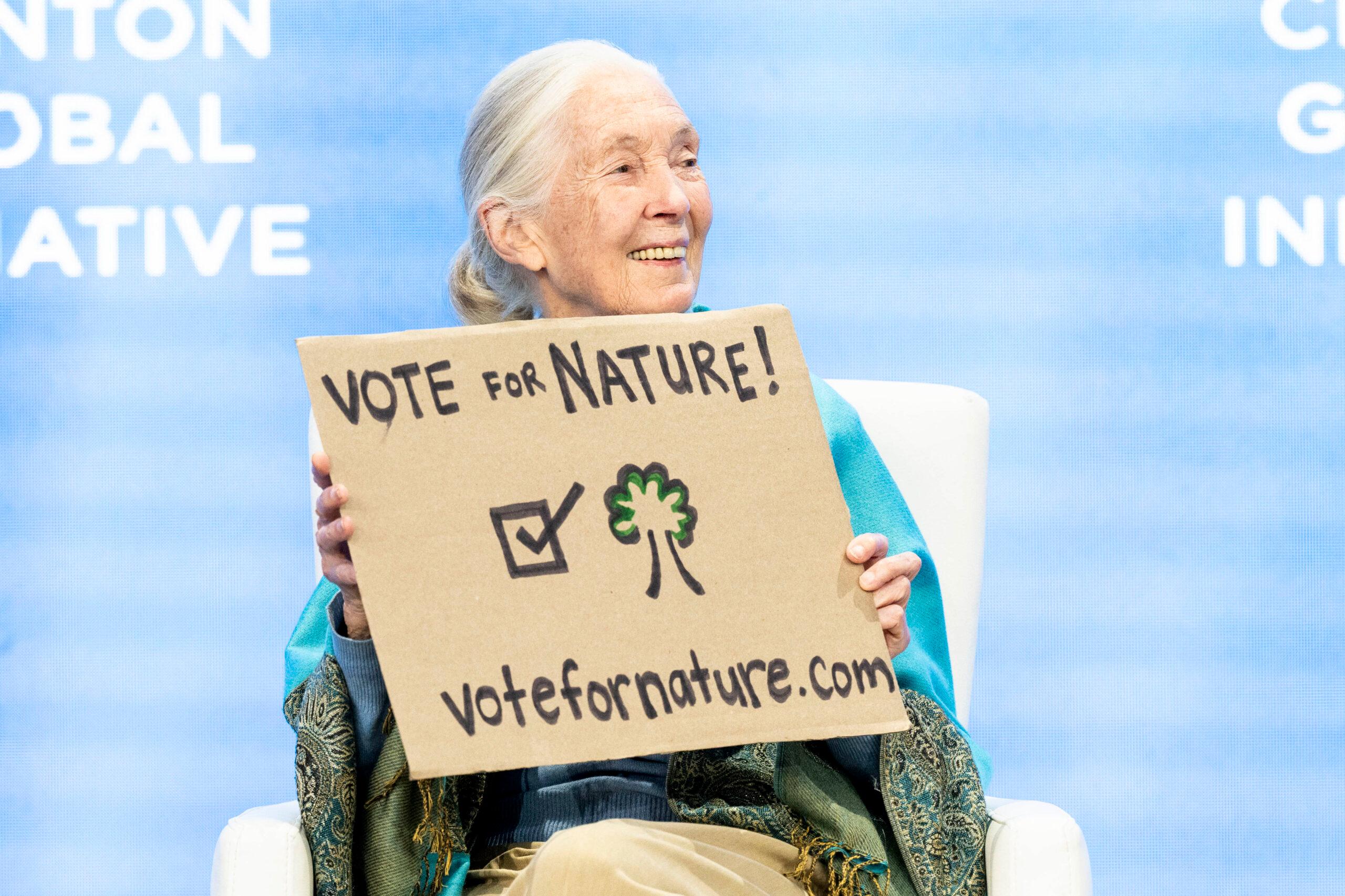
Jane Goodall's death comes just four years after she published "The Book of Hope: A Survival Guide for Trying Times" in 2021 with Douglas Abrams, a work that encapsulated her lifelong optimism. Even as she acknowledged the escalating threats of climate change and biodiversity loss, she refused to let despair take over.
"It's like a very dark tunnel full of obstacles, but right at the end, there's that little light gleaming," she told The New York Times. "And in order to get to that little light, you're just going to have to fight to get there. It wouldn't happen unless you make the effort."
Jane Goodall Faced Mortality With Courage And Hope
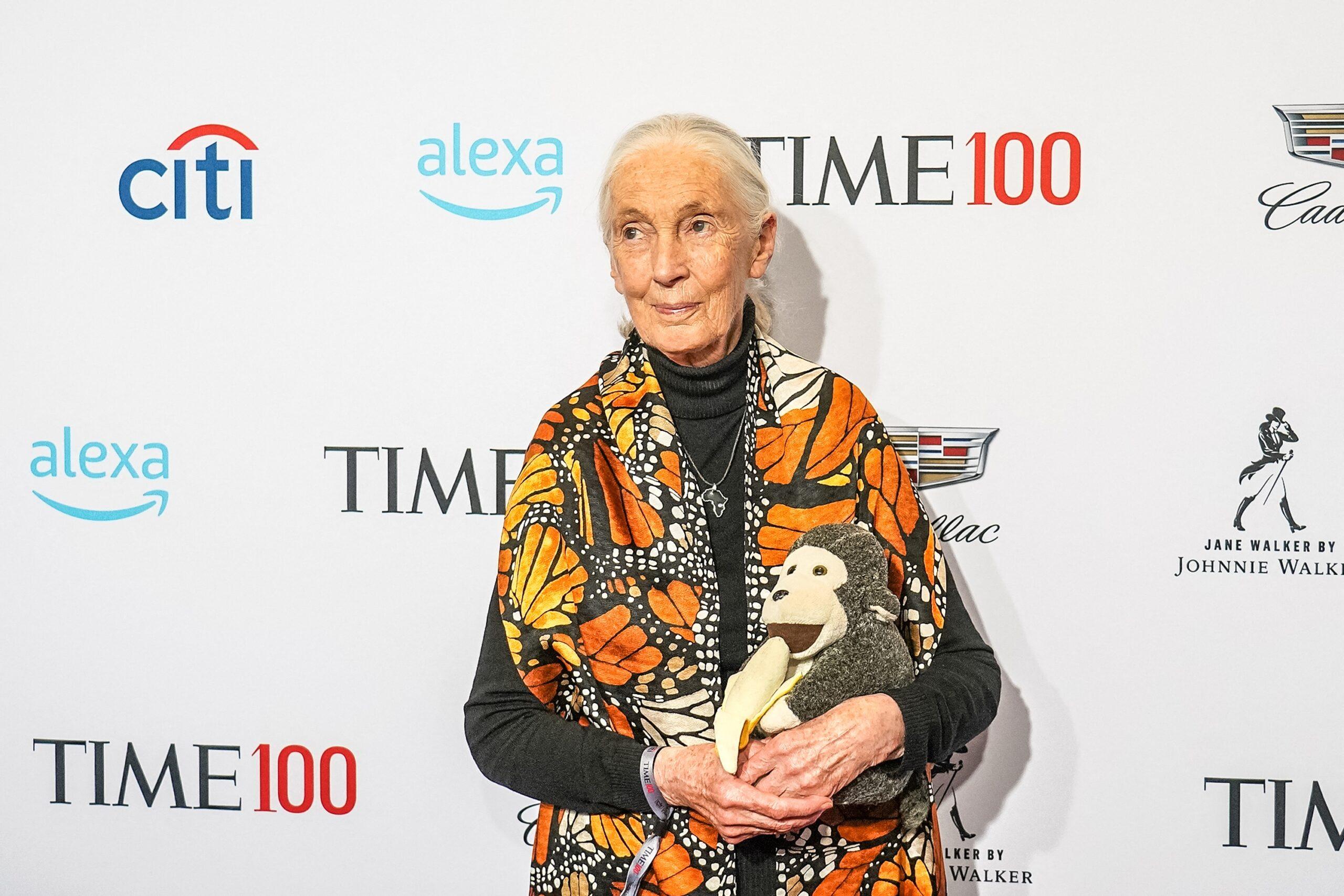
For Goodall, hope was never passive. She believed every person had a role to play in healing the Earth, however small, from planting trees to raising money for disaster relief to saving endangered species. She often cited young people as her greatest source of inspiration, praising their passion and determination to build a better future.
Goodall also faced her own mortality with characteristic courage. In her book, she included a chapter called "Jane's Next Great Adventure," which was about dying. From her own experiences, she said she believed there was "something" after death. "And if that's so, then I can't think of a greater adventure than finding out what's there," she reflected. "What's next?"
As she once said, hope is the light at the end of the tunnel. Now, her voice may be gone, but that light, ignited by her work and carried on by millions, shines brighter than ever.